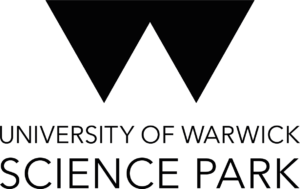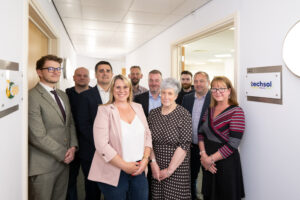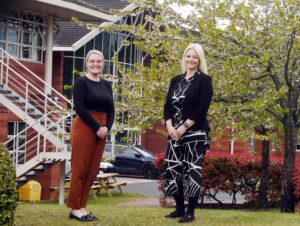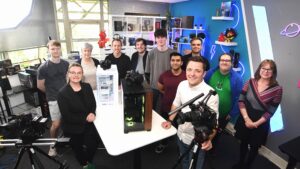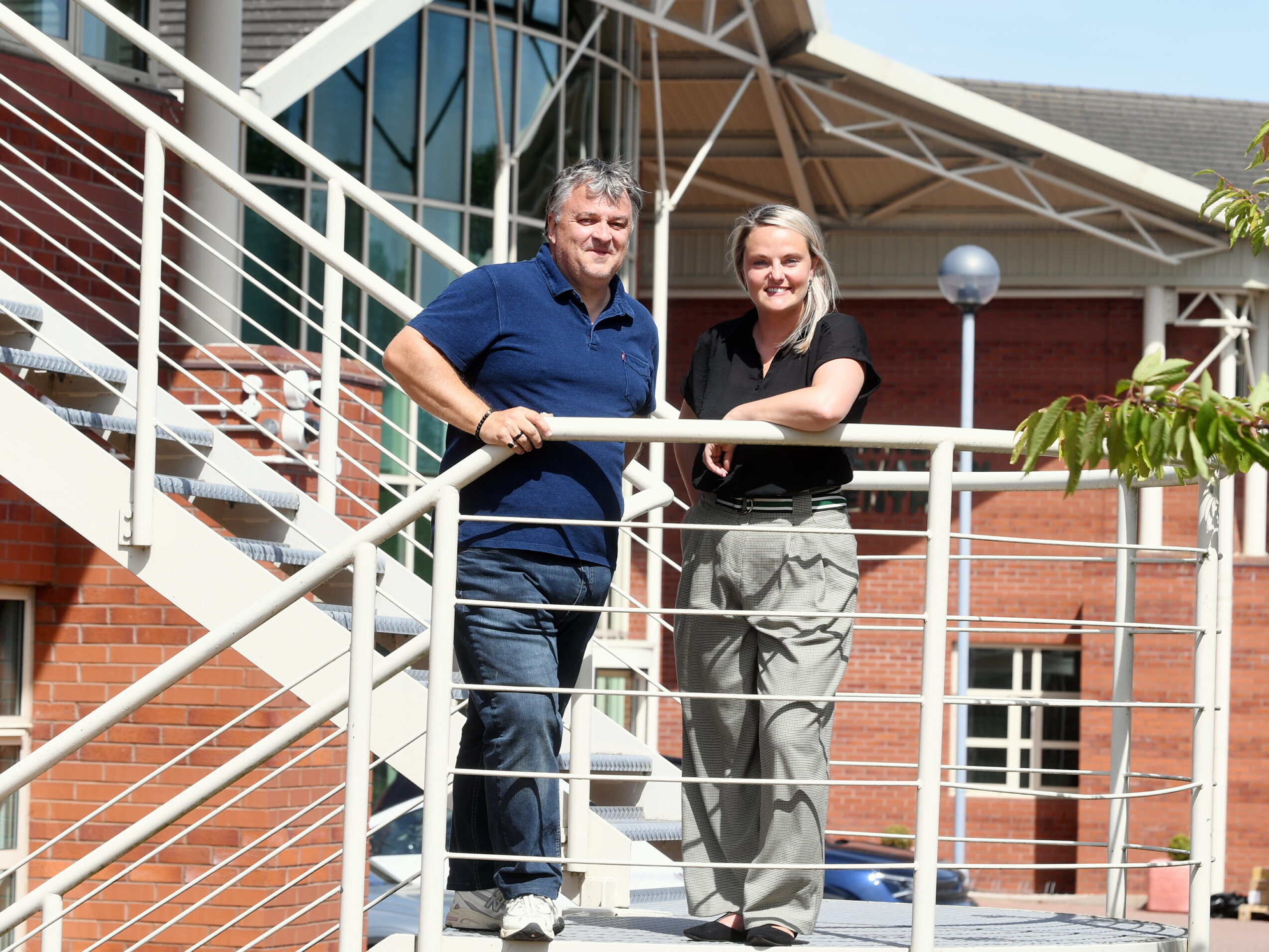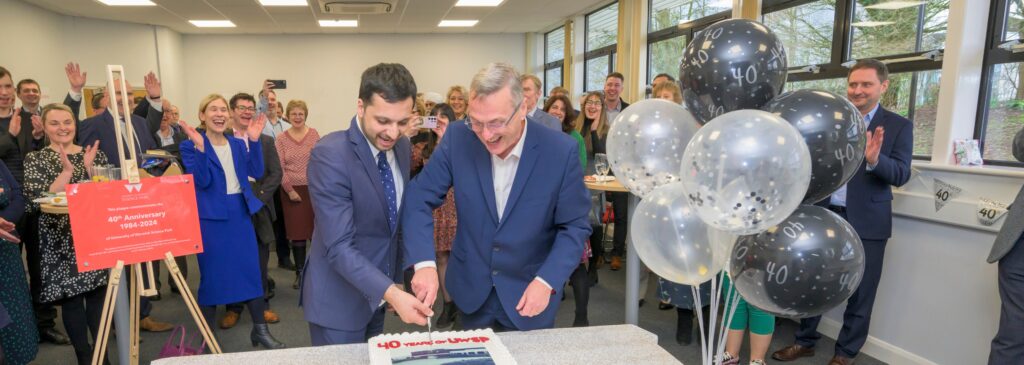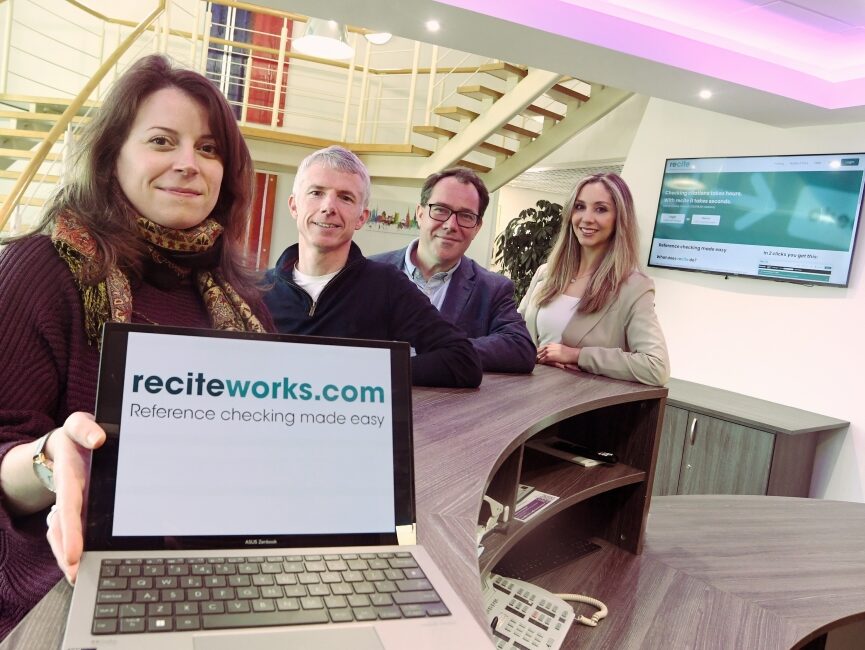
A software start-up offering a product that enables academics and students to save hours checking citations and references is now looking to widen its reach and potentially double its turnover.
Reciteworks.com, co-founded by entrepreneur and software developer Adam Beale and clinical psychologist and associate professor Dr Miles Thompson, allows academic writers and editors to have their material checked in seconds, and has recently moved into the Business Innovation Centre, Binley, part of the University of Warwick Science Park, to give itself a base from which to grow.
It joined as part of the Science Park’s Ignite programme, which gives start-ups flexible office space and business support to enable them to succeed.
Reciteworks.com’s user base has surged globally in the past year, with certain institutions requiring a Recite check before an assignment can be submitted.
The tool is used on documents written at all levels of academia including research papers, dissertations, PhD theses and journal papers with hundreds of references.
The basic form of the software can be used for free – making it attractive to undergraduates who are able to see the benefit instantly and sign up to a paid package later on in their academic journey.
Recite has recently hired marketing manager, Claire Hartry, to help reach more students, universities and editors with the aim of doubling turnover.
Claire said: “Recite had grown to such a point through word-of-mouth thanks to its dedicated user-base who evangelise the tool. Now we want to push the message even further to see just how far we can go.
“The growth reciteworks.com has seen without marketing is incredible. We’re confident that we can double turnover simply by turning up the dial on our visibility, reaching more students and universities than ever before.
“The Business Innovation Centre is a great place to base ourselves with its links to the University of Warwick, which will be useful to boost use of reciteworks.com in universities across the UK. The networking opportunities, success stories of Ignite alumni and opportunities to extend the office space have all made us feel at home.
“This is a very exciting time for Recite. We can’t wait to show more people exactly what this software can do.”
Adam and Miles’s design allows academics to instantly spot errors with citations and referencing in the commonly-used APA and Harvard referencing styles, giving the user the choice to make any corrections deemed necessary.
Adam said: “During the initial version of the software, we had only a handful of people testing it out. However, through word of mouth, the number of users grew to 75,000 whilst in our beta period. Since coming out of beta, the growth has accelerated massively, and we now have users in almost every country in the world.
“Recite is a product that users are happy to recommend, and I’m confident that this next step is the start of an exciting new chapter for Recite to be used by even more scholars across the world.”
Victoria Lynch, Centre Manager at the Business Innovation Centre, said: “The Ignite programme allows start-ups like Recite to easily take on further space and access business advice and guidance should they need it.
“We’re so pleased they chose the Business Innovation Centre as their base for their marketing drive, and we’ll be on hand to support them every step of the way.”
And Dirk Schaefer, SME Engagement Lead at the University of Warwick Science Park, added: “Recite was spun out of another longstanding tenant called M69. It was time to focus on the new business which provides more longevity.
“I am delighted Recite decided to move their business into the Ignite incubator and I am excited about their growth prospects which we are looking forward to help them realise.”
About Recite
Recite is a product developed and run by 4cite Labs, designed to be a simple solution to the problem all academics face when checking their work for referencing errors.
